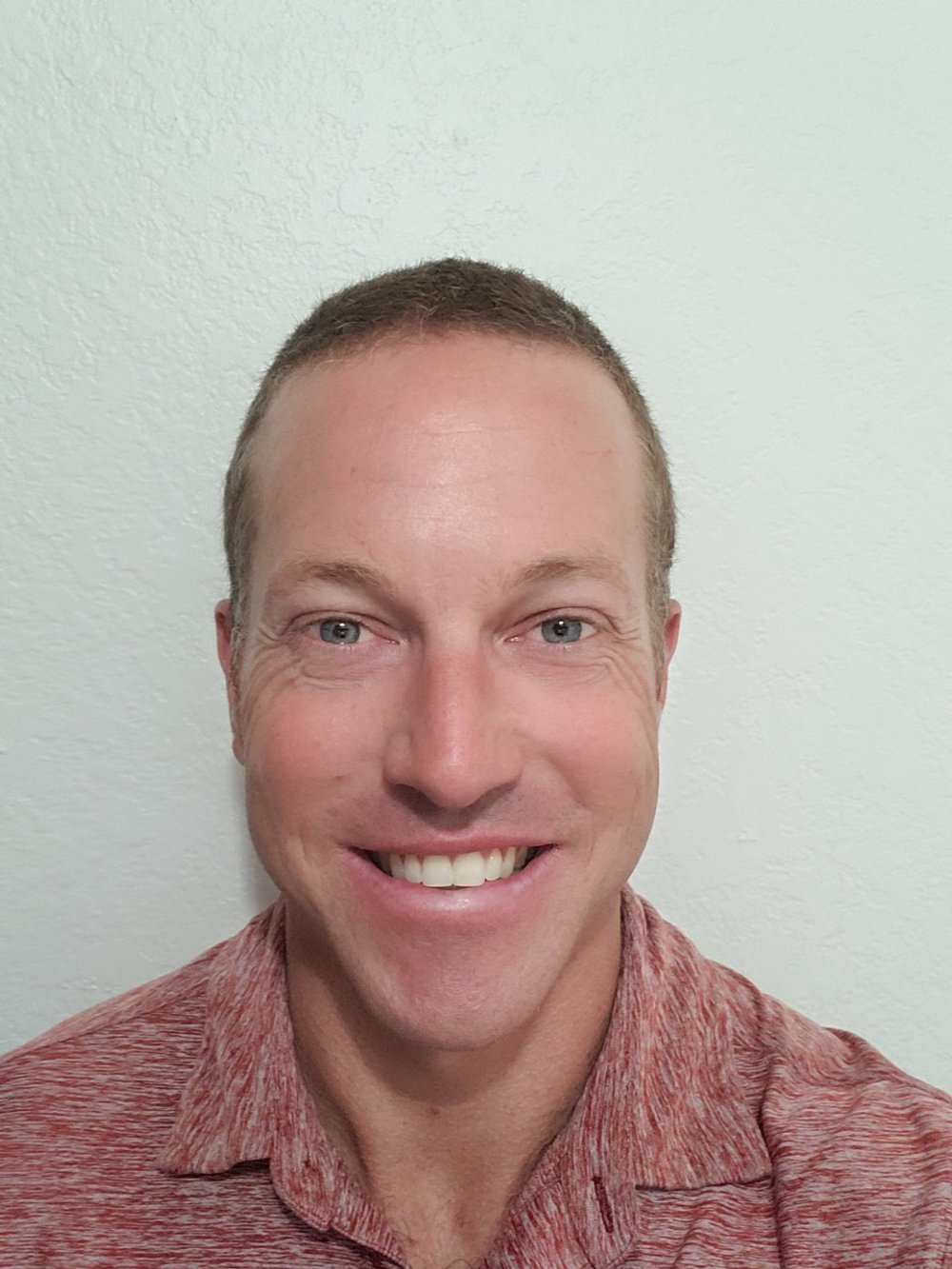
CASA volunteer Chris Durst completed the extensive training provided to new advocates and began working with his youth almost a year ago. His youth was 17 at the time. Chris jokes that despite being 38, he’s a “big kid” at heart, so the two easily struck up a friendship. Both were into sports and enjoyed their time together shooting hoops, going bowling and talking sports.
According to Chris, all was going pretty well and his youth achieved the huge milestone of graduating high school and moving into independent living over the past few months. However, despite their close relationship and Chris’s extensive advocate training, both were stunned to realize how fast things can change for kids and young adults in the dependency system.
Chris said that due to a couple of “judgment errors” by his youth, now 18 years old, he lost his housing and now finds himself one-step away from homelessness. According to Chris, “Neither one of us fully realized what a razor’s edge he was on.” Chris is working with his CASA case supervisor and his youth’s social worker to help figure out what’s next.
“He’s a great kid and with one slip-up, now finds himself in a very precarious position,” said Chris. I had to tell him, “Hey man, you’re not in a situation like I was or your friends are in. You’re very much without a net. Any mistake you make is magnified without that safety net. You have a CASA and a social worker who are here for you, but there’s only so much we can do and the onus is on you to make good decisions.”
Chris and the team are working hard to help his youth get back to a stable living environment and back to taking college classes. Chris said,“For youth like him in dependency care, college can be a luxury. Now that he has lost his housing and needs to find a way to pay rent, he may have to reprioritize and take a semester off while he finds a stable, safe living situation and earns enough money to pay for things.”
Chris came to CASA at the suggestion of a friend who is a teacher in an at-risk community in Los Angeles. She had worked as a CASA in LA and knew Chris was looking for a volunteer commitment that allowed him to make a meaningful impact following a stint working at Children’s Hospital in Orange County where he did patient/family hospitality once a week. He enjoyed the work but said it was “single-serving” interaction with people and he wanted to develop a more in-depth connection.
“Becoming a CASA has given me a better understanding of the struggles people face. I didn’t realize how deep some of these problems go and how cyclical the problems can be.” The idea of helping to break that cycle resonated with Chris. “If you can break the cycle, even for a few children, it can be so beneficial not only for that youth but downstream for the whole community.”
Chris has been working with the same CASA case supervisor since being sworn-in as an advocate. “My case supervisor Jennifer Kordek has been great. She acts as a sounding board for me and is someone I can vent to at times. We all work together as a team to support our youth but it’s sometimes frustrating to not be able to do more.” According to Jennifer, “Chris is a tremendous asset to CASA and has a truly beautiful bond with his youth. Chris's youth recently experienced his first major bump in the road and was ashamed and embarrassed to tell Chris about it but Chris handled the news with such grace, empathy and open-mindedness. Chris has provided a safe space for his youth to express himself and is a true mentor, advocate and friend to his youth. It has been a privilege to work with Chris.
Despite his busy work schedule as a sales professional, Chris says it’s not difficult to find time to volunteer as a CASA. “I’m lucky to have flexibility with my job and the transition to working remotely is beneficial to volunteering as there is more time in the day without the commute”. Chris also dedicates time to the newly-formed, “Men of CASA” affinity group which is tasked with recruiting more male CASAs to support the many boys seeking a match with a male advocate. “It’s been great working with my youth helping him sift through the logistics of applying for college and getting financial assistance. I can’t imagine doing that all on your own. I think more people would want to become CASAs if they just attend an information session and learn what CASAs do and the impact they can have.”